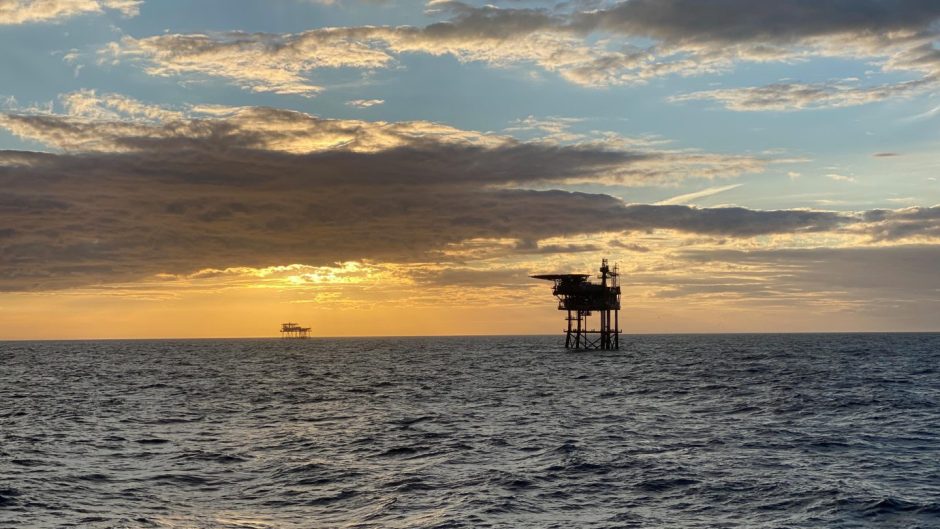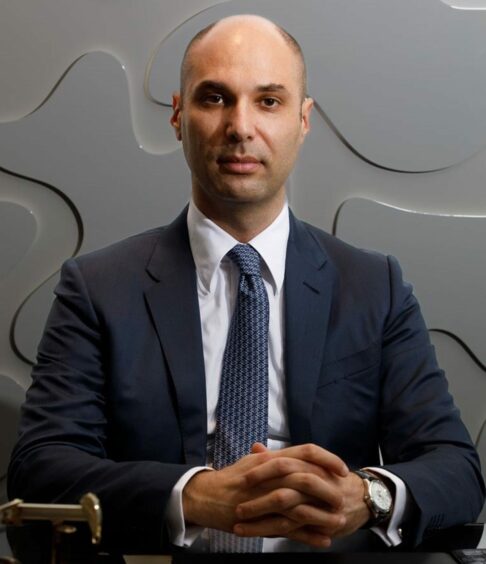
Viaro Energy is doubling down on its North Sea acquisition spree with the firm expecting to “have a few more announcements before the year is out”.
Chief executive Francesco Mazzagatti says the company will continue to balance “investments in mature assets” with a “focus on exploration and development of new fields”.
“Our goal remains the same as ever, which is to make long-term investments in the North Sea and ultimately support the exploration and production of local European energy sources to their fullest potential,” he told the Energy Council in a recent interview.
Growing the portfolio
Earlier this year Viaro announced its takeover of minnow Spark Exploration, a deal that handed it a hopper of West of Shetland targets.
Notably, the transaction gave the company a 50% stake in the P2593 licence alongside Ithaca Energy; the permit covers Tuck, a prospect tipped to hold some 87 million barrels of recoverable oil equivalent.
A few weeks later Viaro revealed plans to buy the majority stake in a series of Southern North Sea fields from Hartshead Resources (ASX: HHR) for £105m deal.
Amongst them are the Anning and Somerville fields, which are expected to reach first gas in Q4 2024.
Mr Mazzagatti also told Energy Voice in March that the firm is a “very advanced stage” of an acquisition for “two large production assets”.
There are strong rumours that Viaro is going head to head with Perenco and Ithaca Energy for a cluster of Shell-owned (LON: SHEL) Southern North Sea gas fields, including the Leman Alpha hub.
“Each deal we make is primarily evaluated through this lens, and we seek to maintain the right overall balance between our exploration and production investments in the North Sea,” said Mr Mazzagatti.
“Not only is this necessary for increasing the UK’s energy security, but also to reassure investors that the North Sea continues to be a viable source of profits. We cannot expect to meaningfully boost investments unless we realise the potential of the assets likely to make the biggest impact.
“Exploration assets are understandably considered a higher-risk investment, as their development depends on various factors and is ultimately not guaranteed. That said, they also allow for significantly higher returns, especially considering the general lack of financial support for E&P opportunities.”
A lack of joined up thinking from government
He also used his Energy Council interview to highlight the UK Government’s cognitive dissonance around oil and gas policy.
A windfall tax on the profits of North Sea firms has been in place for well over a year now and was ramped up in November.
At the same time ministers are pushing oil and gas companies to invest in the low carbon energy sources needed to maintain jobs and lower household bills.

Mr Mazzagatti said: “As long as we consider these different issues in isolation from each other, it is unlikely that any efforts made to address them will have meaningful results. It is very convenient and easy to single out oil and gas companies as the main obstacle in the necessary transition to sustainability purely by the nature of their operations.
“However, it is not reasonable to effectively punish the industry for its negative impact on the environment, while at the same time treating it as crucial to achieve the desired results. This includes acknowledging dependence on fossil fuels and highlighting the necessity of continuous investments in hydrocarbons at this stage of the transition. This is as true for government decision-makers as it is for promoters of climate justice.”
Recommended for you


 © Supplied by Viaro Energy
© Supplied by Viaro Energy © Supplied by Hartshead Resources
© Supplied by Hartshead Resources